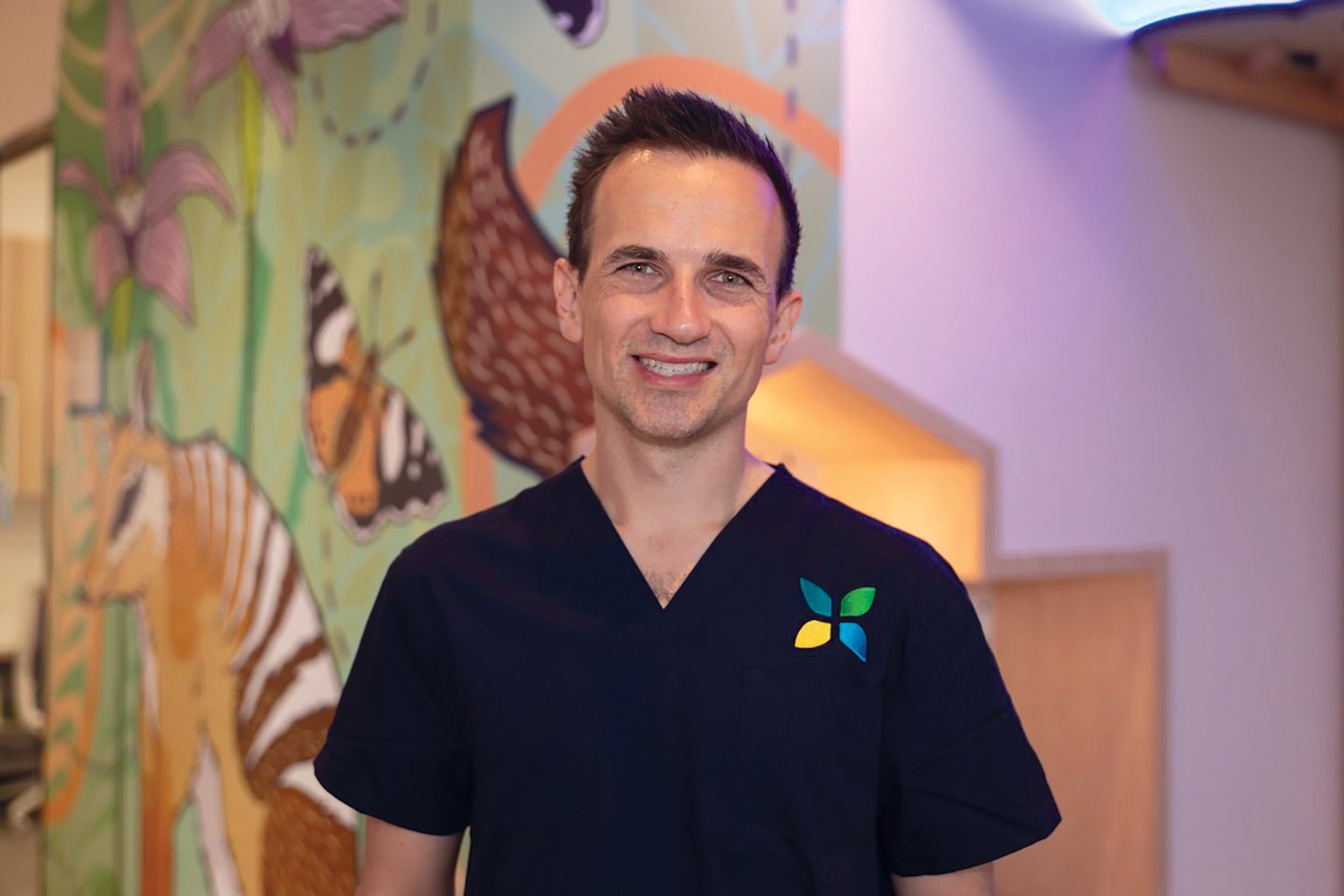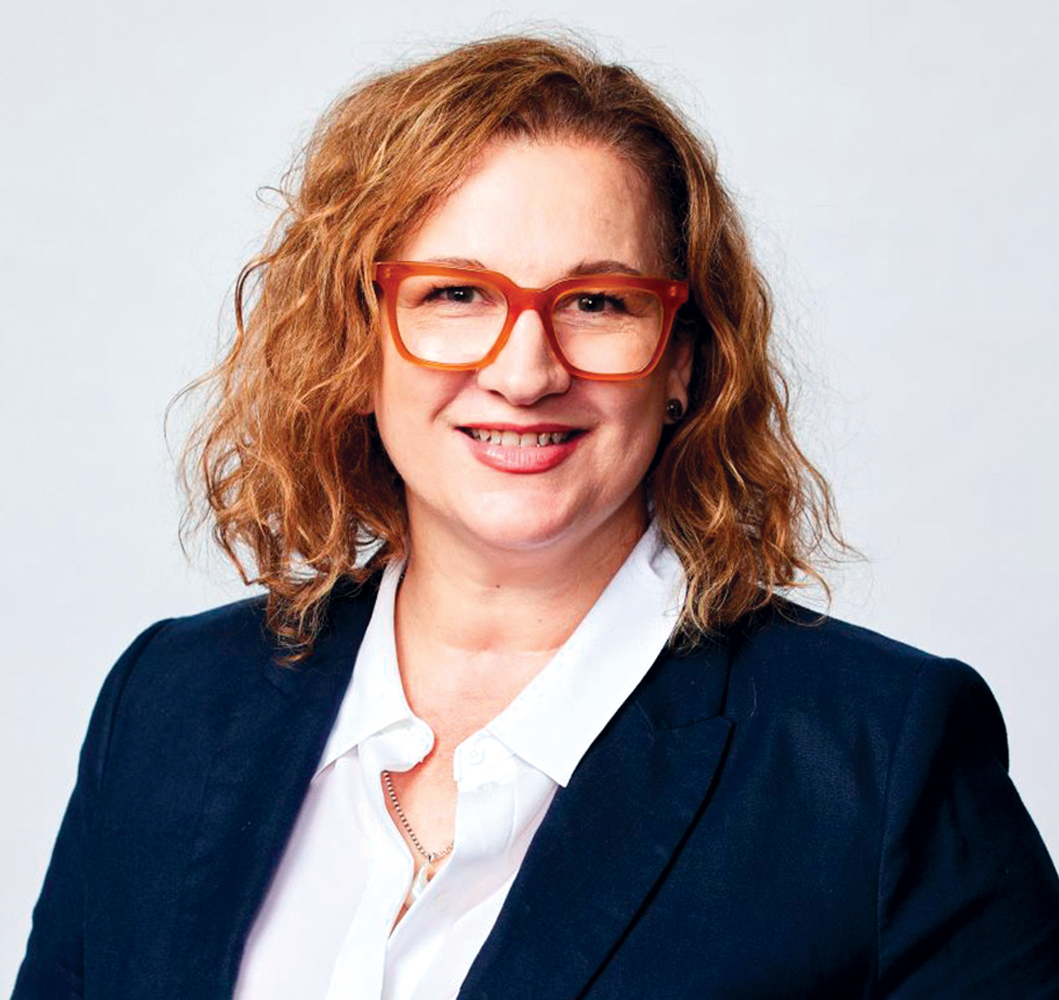 The increasingly desperate plea from parents and doctors alike for better access to child developmental care has reached crisis point. When will this ‘train wreck in slow motion’ finally be offered a lifeline?
The increasingly desperate plea from parents and doctors alike for better access to child developmental care has reached crisis point. When will this ‘train wreck in slow motion’ finally be offered a lifeline?
By Suzanne Harrison
The emotional toll on mother-of-three Amanda* and her family has at times felt insurmountable.
With a 12-year-old daughter in dire need of medical intervention to help with ADHD and related behavioural problems, a teenage son also requiring developmental assistance, a full-time legal job and being regularly called in to her daughter’s school, it felt they had nowhere to turn.
But it wasn’t just a feeling. It was real. After a GP diagnosed Amanda’s daughter with ADHD, her family really did have nowhere to turn. It’s a sad reality that accessing paediatric specialist care has never been more difficult. Tragically, to the point recently where a 14-year-old South-West boy took his own life while waiting for ADHD treatment.
With wait times of up to 18 months regularly reported (Amanda confirms she, too, was told this), parents said to be travelling interstate to access appointments and, in WA, GPs unable to fully contribute on the frontline, the call to implement drastic measures for change is becoming significantly louder.
After speaking with parents and doctors on this issue, it’s not an exaggeration to say that despair is the overriding condition in both camps.
“There was so much friction at home,” says Amanda, who spent many months calling medical offices every week, desperate for a cancellation or some glimmer of hope. She even accepted a place at a medical centre in Mandurah, which didn’t eventuate (Amanda then lived in Perth’s northern coastal suburbs).
 Cry for help
Cry for help
“There was an orchestra going on in her head,” she says of her daughter’s experience, “But no conductor there to co-ordinate it all.
“All you can do is sit on the phone every Monday morning … while she goes to school, using all her energy just to get to ground level. She had no capacity to take in information. She would come home every day and explode. You can’t make progress. And all you want is to get a prescription.”
Finally, Amanda bit the bullet and turned to a friend in the medical fraternity, begging her to help find an appointment with a specialist who could prescribe medication to her daughter.
“It is very stressful. Everyone is impacted. Before you start, you think there is a solution. But then, it’s out of your reach for no reason,” she said.
Stories like Amanda’s have been widely reported, with both a current (WA) parliamentary inquiry soon due to release a report and the Senate’s Barriers to consistent, timely and best practice assessment of attention deficit hyperactivity disorder (ADHD) underway. Paediatricians and GPs have submitted detailed proposals to both.
Despite the stress, Amanda was one of the luckier ones. She can afford to pay for a private psychiatrist or paediatrician (who can prescribe medication), and she had a friend with contacts. However, this kind of ‘in’, too, has reportedly come to an end.
“Unless parents make it a political issue, I don’t think anything will change.”
“Off the record?” says one unnamed specialist, not long ago, “if you knew people, it could be done. Now, you can’t, no matter whether you’re connected or not.”
According to Perth-based paediatrician Lana Bell, “It’s a train wreck in slow motion. We’ve been talking about this for 10 years.
“Even if you can afford to go private, you can’t see someone. I run a private clinic two days a week and if someone is sick or we’re understaffed, I have to cancel the clinic.”
Dr Bell said she has tried to bring in overseas specialists but was plagued with visa problems. She and her colleagues have made representations, but they seem to have fallen on deaf ears.
“Unless parents make it a political issue, I don’t think anything will change,” she said.
While conditions such as ADHD are not new, there is a true increase (in ADHD/neurodivergent diagnoses) a time, she says, when we have a workforce that can’t cope, adding that there is no lack of interest from students wanting to fill the gaps if there were more training positions available.
This would require greater communication and a more collaborative effort within the entire health sector.

Uni boom
For example, a spokesperson from Curtin University – a major provider of undergraduate and graduate-entry level therapy courses, which includes paediatric training alongside other major fields of practice (Curtin does not offer specialised paediatric training) – says every therapy student requires significant hours of field work experience as part of their qualifications.
“For every extra therapy student enrolled, the university needs to ensure that up to 1,000 hours of field work is available across the four years of the student’s training,” the spokesperson said.
“To increase the number of students enrolling in therapy courses, all universities, WA healthcare providers and the entire sector would need to work together to determine how those extra field work placements would be created. Curtin has commenced preliminary discussions with the sector to help map a plan for the future.”
Curtin has recorded “steady and growing enrolments” across therapy courses (including speech pathology, occupational therapy, physiotherapy, social work and nursing) in recent years. On another note, the average wait time for speech pathologists in WA is also reportedly over 12 months.
GP and director of The Garden Family Medical Clinic in Murdoch, Dr Andrew Leech, says that as far as he is aware, no developmental paediatrician is seeing new patients (privately). The public system is out to a 30-month wait, with 7,000 children on the waitlist.
“I can’t imagine the impact this has on families waiting,” said Dr Leech. “The ripple effect is huge – socially, emotionally, financially and so on.”
Dr Leech has worked with another two GPs via the Royal Australian College of GPs (RACGP) to offer ideas. In May, he presented to the state parliamentary inquiry.
These include increased education and training of GPs, increased multi-disciplinary teams in an ECHO-style format (a Queensland model), increased prescribing and diagnosing rights, and increased access to paediatricians by doing the leg work (screening tools, history, examination, bloods and so on) with less requirement for paediatric involvement but still in collaboration.
Collaboration

“The ultimate goal would have GPs run relatively straightforward cases (about half of developmental paediatrics) independently, and for paediatricians to be freed up to deal with the complex cases,” Dr Leech adds.
Dr James Best, Chair of the RACGP’s Specific Interests Child and Young Persons’ Health Group, says most parents can’t afford hundreds of dollars for a private paediatric appointment (then there is the cost of any medication) so they use GPs. The GP then has to refer them to a psychologist or paediatrician, and that leads to wait lists.
“It’s getting worse for GPs and carers. We saw a situation in WA recently where a young person with ADHD had suicided and that wouldn’t have been a case in isolation.”
GPs, he adds, are there as a rescue, in a system that’s not changing and will only get worse.
“Make the choice of doing general practice more attractive. ADHD, autism, while always being with us, is being diagnosed more. My practice is dominated by this. And then you have to turn around and tell parents they will need $700 for an ADHD diagnosis.
“The main way to fix this is at the medical student level. Getting overseas doctors is a way they are trying to rectify the problem, but it’s not going to fix it.”
A statement released by the RACGP in June this year called for expanded roles for GPs in the diagnosis and treatment of ADHD to improve affordability and access to care for patients.
In its submission to the Senate inquiry, it said Australia needed consistent rules across all states and territories on which clinicians could diagnose and prescribe stimulant medications for patients, funding to support effective shared models of care, and appropriate funding for long consultations.
“Long waits for specialists and high costs are a significant barrier for patients living with ADHD, particularly adult patients who do not have access to diagnosis via a paediatrician,” it said.

“Most public sector mental health services do not provide ADHD services, resulting in an over-reliance on private sector care and services.”
RACGP president Dr Nicole Higgins said costs, potentially in the thousands of dollars that might include interstate travel, show that not only is access too hard, but that people are desperate for health care in this area.
The recently published ADHD clinical guidelines have given GPs a comprehensive, evidence-based resource to guide the diagnosis and management of ADHD.
Guidelines support
“With appropriate support, GPs can step up to help patients, psychiatrists, and paediatricians to diagnose and manage ADHD. This will require appropriate training, funding, regulatory change for prescribing and the development of shared-care arrangements between GPs and other health professionals,” she said.
Dr Higgins said GPs could play a more active role in shared-care arrangements, but were hampered by rules on diagnosis and prescription of stimulant medication that varied by jurisdiction.
In Queensland, GPs can diagnose ADHD and initiate stimulant medication prescriptions for patients aged between four and 18; on NSW, GPs can diagnose and initiate prescription for patients six to 18-years with permission from the Ministry of Health.
As discussed in the RACGP submission, trials and pilots where GPs work with paediatricians and psychiatrists to upskill in ADHD treatment – and diagnose and manage patients – are underway or proposed in WA, Queensland, NSW, and Victoria, but each state operates under different rules, which need to be brought into line.
“At the moment, it’s a postcode lottery. Patients would benefit from consistent rules across all states and territories describing the clinicians that are authorised to diagnose and prescribe stimulant medications,” Dr Higgins said. “This should include GPs.”
A government spokesperson for the WA parliamentary inquiry into access delays to child developmental services said the inquiry will be solutions-focused to deliver meaningful findings for the children of WA.
No talkfest
“We understand the important role these services play in child development and are committed to addressing the challenges facing the service in the context of global workforce shortages,” they told Medical Forum.
For Amanda’s daughter, medication has been a game changer.
“Now we can have a reasonable conversation with her, and there’s not so much disjointed behaviour. The medication helps her make strategies.”
Amanda will be keeping a particularly close eye on the parliamentary inquiry.
“If you could just go to your local GP who knows you, and they could write a prescription for medication, that would go 100 miles,” she said.
“People are genuinely just trying to get their kids on track. There are so many hurdles, and that’s concerning when it’s about a child.”
ED: The members of the WA Select Committee are Sally Talbot (Chair), Donna Faragher and Samantha Rowe.
*Amanda is not her real name

